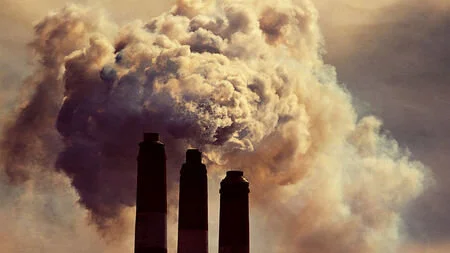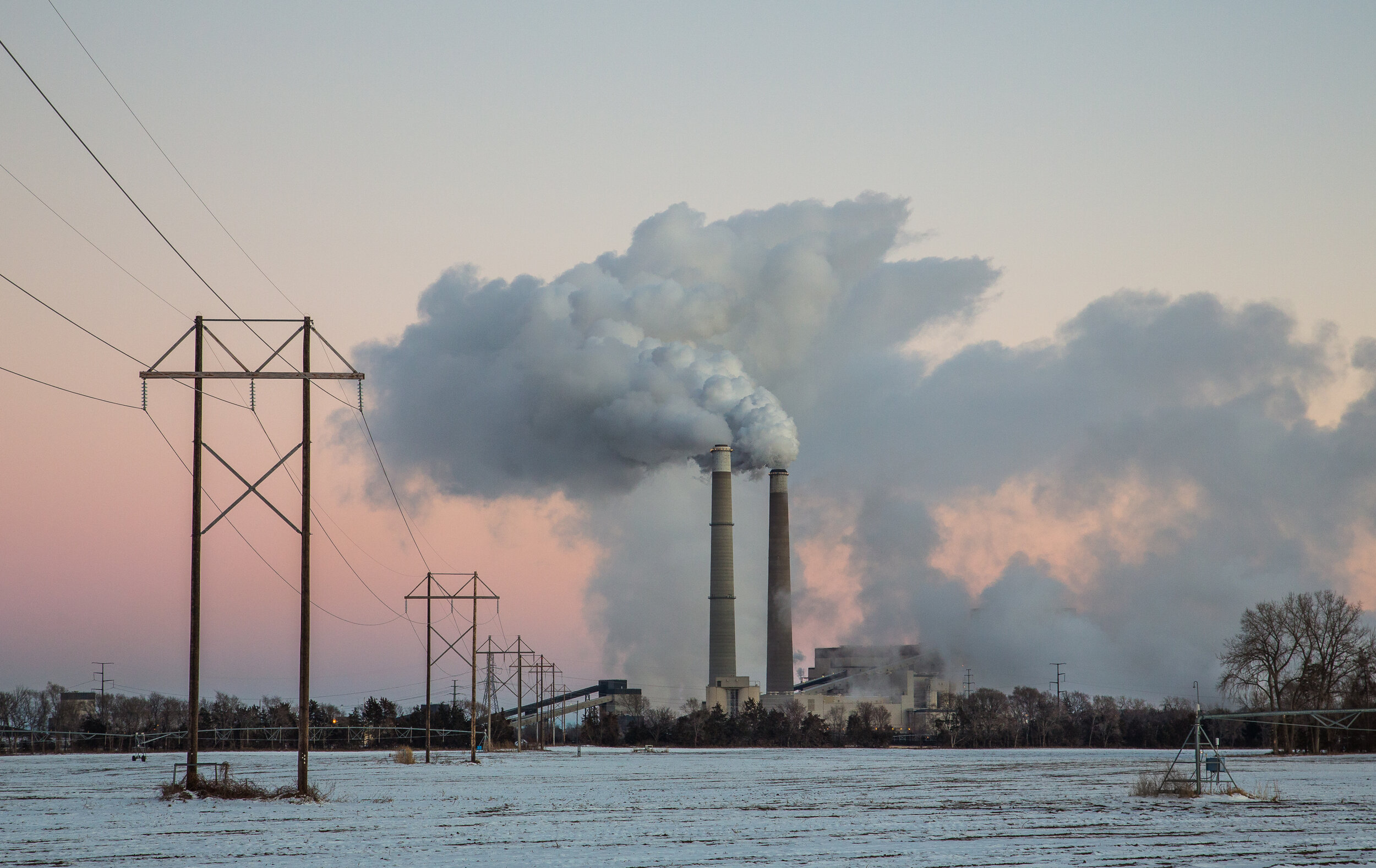It seems like only yesterday that the western United States faced droughts and fires over the summer of 2020. Now, entering the coming summer, the western U.S. and other parts of the world are facing record-breaking temperatures for days on end. While weather is not the same as climate, patterns have emerged over the past decade with heatwaves, droughts and large forest fires that indicate a changing climate. This extreme weather has become the new normal in the western U.S.
Captured greenhouse gas emissions can be repurposed into everyday objects
Plastic is often considered environmentalists’ number-one enemy because it necessitates large quantities of fossil fuels in its production and its reputation for polluting the Earth’s natural resources. However, technological developments in recent years have created a possibility for plastic to act as a force against the onset of climate change. Scientists have found that CO2 emissions captured from the atmosphere can be used as a base material for plastics and other goods.
Contradictory decisions at home and legal battles abroad bring the future of fossil fuels into question
President Biden took office in January of this year, one of his stated priorities was addressing climate change and the impacts of this are already becoming apparent. The day Biden took office, he canceled the permit for the Keystone XL pipeline. The pipeline’s purpose was to transport crude oil from Western Canada to Nebraska. It was proposed in 2008 and vetoed by the Obama administration in November 2015. This was believed to be the end of the pipeline; however, immediately after taking office in 2016, Donald Trump signed an executive order to continue the pipeline.
Study on gambling behaviors
Recently, a University of Massachusetts Amherst research team presented groundbreaking research on the social and economic impacts of gambling in Massachusetts. The Massachusetts Gambling Impact Cohort study is the first major gambling study to spend over six years on the same individuals in order to analyze the development of their gambling behavior.
CDC and FDA recommend J&J vaccine pause
Weekly Climate News
April 22, 2021
Alaska’s boreal forests have experienced extreme damage from wildfires, but the regrowth of deciduous trees is helping to sequester more carbon than before.
Climate change has been altering the monsoon season in India, which poses threatening concerns for both Asian countries and the world.
Dust plumes from Africa, like the recent “Godzilla” pushed by winds in June 2020 from the Sahara across the Atlantic to North America, will shrink significantly due to climate change.
U.S. President Joe Biden will announce on Earth Day that the United States will cut carbon emissions in half by the end of the decade.
The “Climate Clock” in New York City’s Union Square now shows an estimate of how much of the world’s energy comes from renewable resources.
A recent study found that air pollution in India is costing Indian businesses $95 billion every year.
Russian President Vladimir Putin accepted an invitation from Biden for a virtual climate summit.
Springtime snow and unseasonably harsh frosts in Western Europe are connected to losses of Arctic sea ice.
U.S. Secretary of the Interior Deb Haalandrevoked a slew of orders issued under the Trump administration, shifting away from policies in favor of the oil and gas industries.
A brief history of Earth Day
Earth Day is the largest secular holiday celebrated across the globe. It originated at the cusp of the modern environmentalist movement, which began in the 1970s as Americans became more aware of the effects of unimpeded industrialization on the environment and human health. At the time, key events, including the fire on the Cuyahoga River and the success of Rachel Carson’s book “Silent Spring,” contributed to a growing fervor among mainstream Americans on environmental issues.






